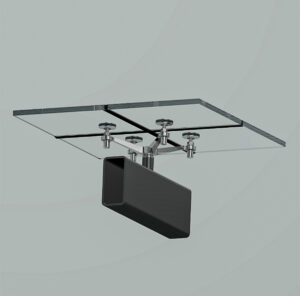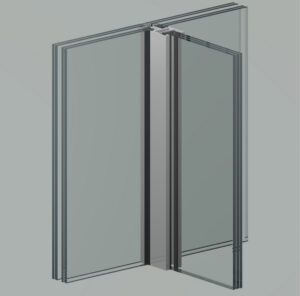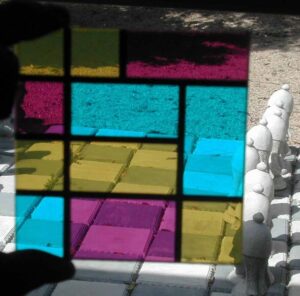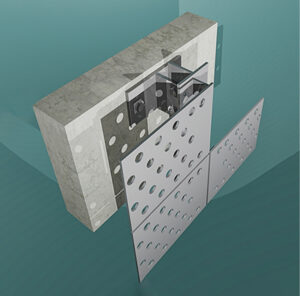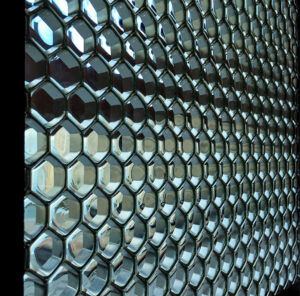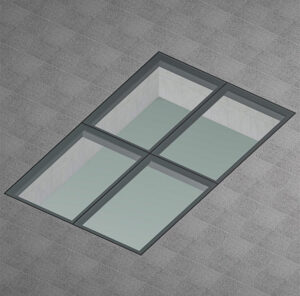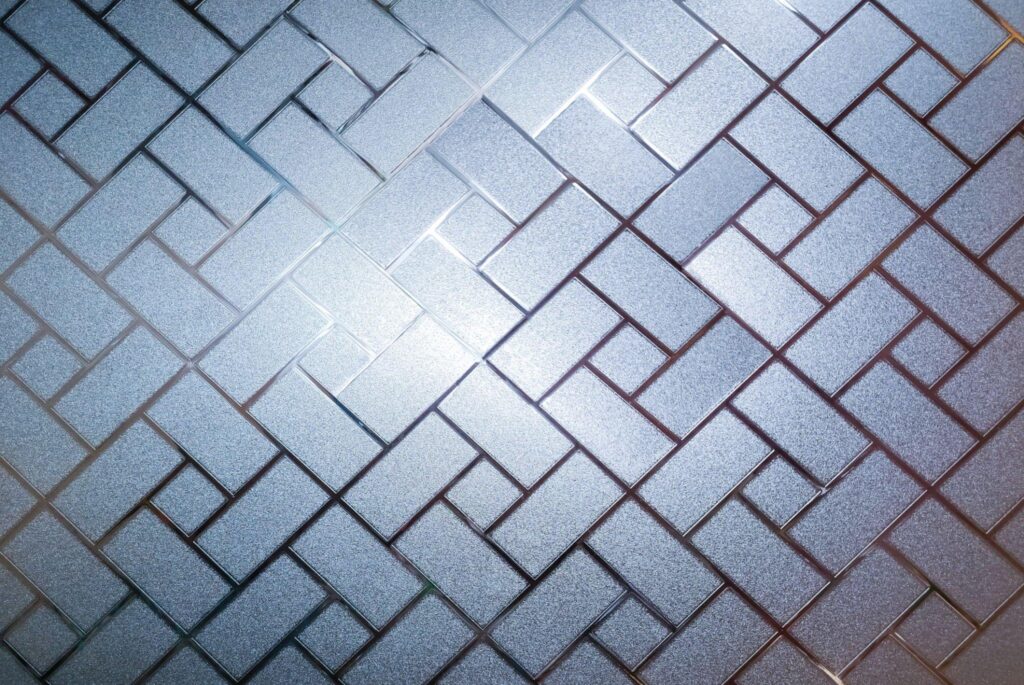
Privacy glass, also known as smart glass or switchable glass, is a fascinating innovation that has captured the attention of architects, interior designers, and technology enthusiasts alike. It offers an ingenious solution to an age-old problem: the need for privacy without sacrificing natural light or the view. In this blog post, we will delve into the intriguing world of privacy glass, exploring how it works, its applications, and the benefits it brings. So, let’s take a closer look at this modern marvel. For your glass related projects you can call us at tel:+1 602 300 0851
Check out our high quality glass products here:
Understanding Privacy Glass
Privacy glass is a type of glass that can change its appearance from transparent to opaque and vice versa, depending on external factors or user control. It achieves this transformation through the use of advanced technologies, primarily involving liquid crystals, electrochromic materials, or suspended particle devices (SPDs). These technologies allow privacy glass to transition between different states, providing privacy when needed and transparency when desired.
How Privacy Glass Works
- Liquid Crystal Technology: Liquid crystal privacy glass is one of the most common types in use today. It operates on the principle of manipulating the alignment of liquid crystals sandwiched between two layers of glass. When an electrical voltage is applied to the glass, the liquid crystals align themselves in a way that allows light to pass through, making the glass transparent. Conversely, when the voltage is switched off, the liquid crystals become disoriented, scattering light and making the glass opaque. This transformation is quick, typically taking just milliseconds.
- Electrochromic Technology: Electrochromic privacy glass utilizes a thin electrochromic film between two glass layers. This film contains electrochromic materials that change color and opacity when an electrical voltage is applied. When a voltage is applied, the glass becomes clear, and when it is removed, the glass returns to its opaque state. This technology allows for gradual transitions between transparency and opacity, giving users more control over their privacy.
- Suspended Particle Devices (SPDs): SPD technology relies on tiny suspended particles within the glass that can be oriented to control the passage of light. These particles are dispersed in a film that is laminated between two layers of glass. When an electric charge is applied, the particles align, allowing light to pass through and making the glass transparent. Conversely, when the charge is removed, the particles scatter, creating an opaque appearance. SPD technology offers instant transitions between states and can be controlled with a switch or a remote.
Contact Us For Unique Products And Services
Applications of Privacy Glass
- Residential Spaces: Privacy glass has gained popularity in residential settings for its ability to enhance both privacy and aesthetics. It is often used in bathrooms, bedrooms, and living spaces, where homeowners can enjoy natural light without compromising on privacy. Additionally, it can be incorporated into home automation systems, allowing users to control the level of transparency based on their preferences.
- Commercial Buildings: Privacy glass is widely used in offices, conference rooms, and partition walls in commercial buildings. It helps create flexible and dynamic spaces that adapt to different functions and privacy needs. In corporate settings, it can also serve as a modern and innovative design element, adding a touch of sophistication to the workspace.
- Healthcare Facilities: In healthcare environments, privacy glass is utilized in patient rooms, clinics, and laboratories. It offers a practical solution for maintaining patient privacy while allowing medical staff to monitor patients when necessary. The ability to switch between transparent and opaque states ensures a balance between privacy and patient care.
- Hospitality Industry: Hotels and restaurants often use privacy glass for dividing spaces and creating private dining areas. It adds a sense of exclusivity and luxury to the guest experience. In addition, it can be used in bathrooms and shower enclosures, providing guests with both privacy and an open feel.

Benefits of Privacy Glass
- Privacy on Demand: Privacy glass offers the convenience of privacy at the flick of a switch. This level of control is especially valuable in spaces where privacy requirements change throughout the day.
- Natural Light: Privacy glass allows ample natural light to enter a space even when it is in its transparent state. This not only reduces the need for artificial lighting but also creates a more inviting and energizing environment.
- Energy Efficiency: In its opaque state, privacy glass can provide insulation and shading, reducing the heat gain from direct sunlight. This contributes to energy savings and helps maintain a comfortable indoor temperature.
- Modern Aesthetics: Privacy glass is a contemporary design element that can enhance the aesthetics of any space. Its sleek and versatile appearance complements modern architectural designs.
Conclusion
Privacy glass is a remarkable innovation that has revolutionized the way we think about privacy and interior design. With its ability to transition between transparency and opacity, it offers a dynamic solution for various settings, from residential spaces to commercial buildings and healthcare facilities. The benefits of privacy glass extend beyond privacy alone, encompassing energy efficiency and modern aesthetics. As technology continues to advance, we can expect even more sophisticated applications and improvements in privacy glass, making it an integral part of future architectural and interior design projects. For more glass related projects you can visit our website.
You can also check out our related blogs for privacy glass including:

